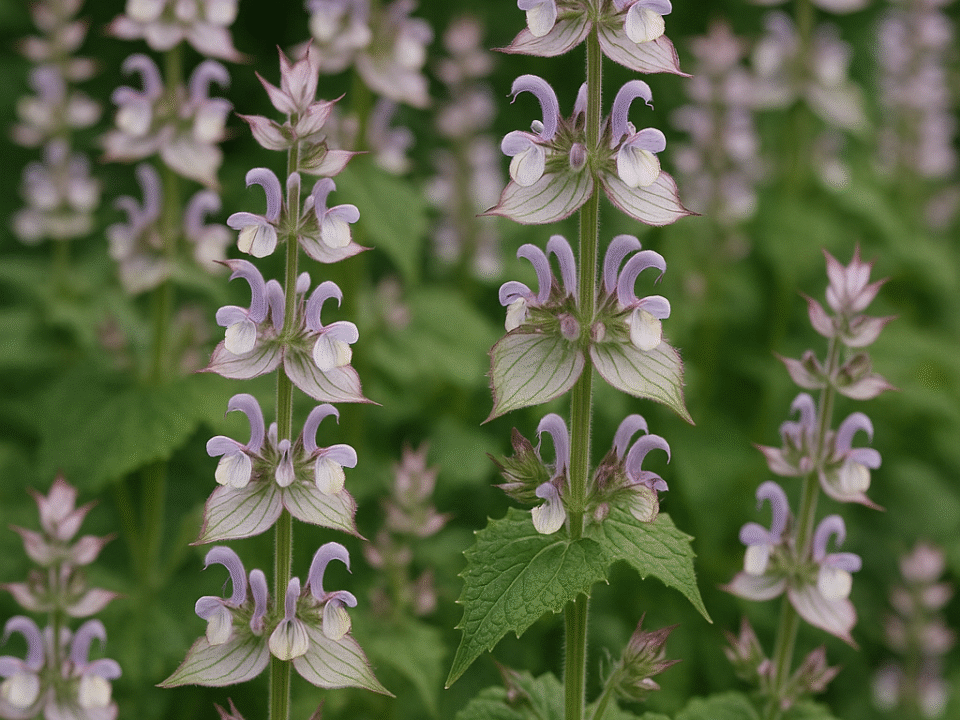
Alginic acid, also known as algin, is a naturally occurring polysaccharide found in brown algae. When it comes into contact with water, it exhibits hydrophilic properties and transforms into a thick, viscous gum. When combined with metals like sodium and calcium, it forms compounds known as alginates. Algin’s color can range from white to a yellowish-brown hue, and it is available in various forms, including filamentous, granular, and powdered.
In 1880, the British chemist and pharmacist Stanford successfully extracted alginic acid from brown algae for the first time. Today, alginates are widely utilized in the food industry as emulsifiers, gelling agents, coating agents, and thickeners. Furthermore, they are employed in surgical wound dressings, particularly for the treatment of chronic wounds due to their wound-healing properties.
Around the world, brown seaweeds of the Phaeophyceae class are harvested and processed to produce sodium alginate, which is the sodium salt of alginic acid. Sodium alginate, a gum-like substance, finds applications in various industries, including food, animal food, fertilizers, textile printing, and pharmaceuticals.
Sodium Alginate is a natural, plant-based, water-soluble polysaccharide of food grade, which, when hydrated, forms a gel-like consistency and provides a pleasant sensation on the skin. It has a history of use in the medical field, the food industry, and more recently, in cosmetics as a skincare ingredient.
Sodium Alginate, often referred to as Jelly Bomb Powder, serves as an emulsifier and thickener, creating a gel-like substance reminiscent of Jello. It is employed in shampoo formulations to stabilize bubbles and thicken the product. Unlike gelatin, Sodium Alginate dissolves in both hot and cold water, making it a versatile ingredient for creating items like shower bombs, jelly bombs, and face masks. It leaves the skin feeling luxuriously soft and silky, has no discernible flavor or odor, and contributes to the creation of a frothy lather. Being water-soluble, it dissolves quickly with agitation, making it a valuable addition to skincare products.
Sodium Alginate contributes to skin softening, hydration, and soothing, leaving it with a silky and soft feel. To prepare a skincare serum or hair gel using water, infusions, distillates, water-soluble extracts, etc., simply add Sodium Alginate and allow it to hydrate for 30-60 minutes.
It is compatible with a range of emulsifiers and other skincare ingredients and serves as an excellent vehicle for antioxidants and other anti-aging components. Adjusting the final formula’s pH may be necessary to achieve the desired properties.



